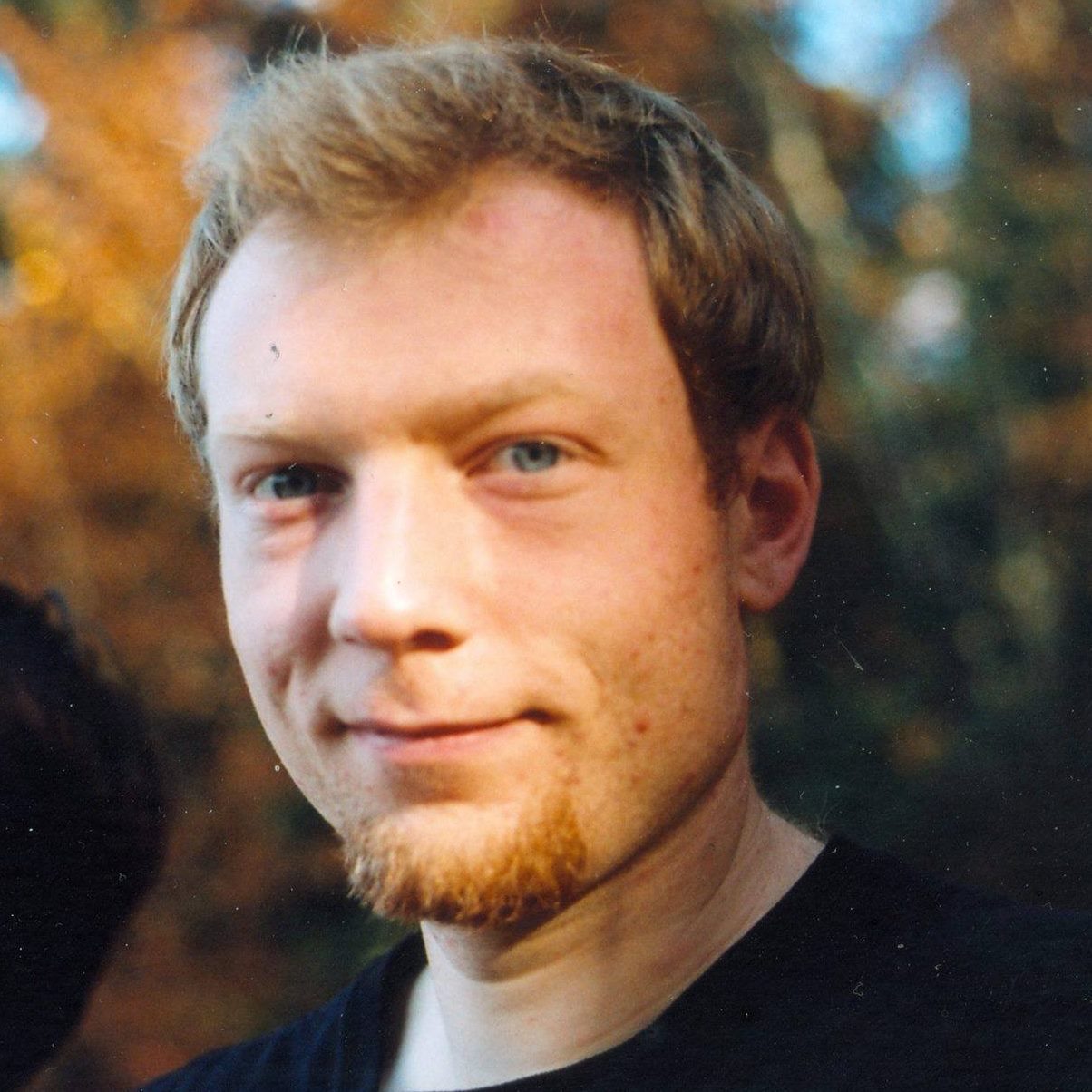| University | University of Groningen (UG) |
| Institute and/or group | Stratingh Institute for Chemistry |
| Advisors | Prof. dr. Sijbren Otto (UG) and Prof. dr. Ben L. Feringa (UG) |
| oLife Research Areas | II. Defining properties and synthesis of Life, from the molecular to the biosphere level III. Modelling, predicting and steering of Life |
| Start date
End date
Next career step |
January 1, 2021
December 31, 2023
University of Strasbourg (Institut de Sciences et d’Ingénierie Supramoléculaires, ISIS),France |
Profile of the fellow
Yannick Geiger was born in 1991 in France and raised in Frankfurt, Germany. He moved to Strasbourg (France, close to the German border) to start his chemistry studies. After a BSc and MSc in molecular & supramolecular chemistry and a couple of short stays abroad (Université Laval, Québec, Canada and Trinity College Dublin, Ireland) he obtained his PhD degree in 2019, under the supervision of Stéphane Bellemin-Laponnaz at the Institut de Physique et Chimie des Matériaux de Strasbourg (IPCMS). There, he studied chiral metallopolymers in asymmetric catalysis and as materials in non-linear optics; however, the biggest part of the project was about the mechanisms and non-linear effects of ephedrine-derived ligands in asymmetric catalysis. The discovery of a previously unseen type of asymmetric amplification – a hyperpositive non-linear effect – led to insights into the mechanisms of ephedrine-catalysed dialkylzinc additions, which prove to be more complex than initially thought.
Chiral symmetry breaking in self-replicators
The olife fellowship brings Yannick to work with Prof. Sijbren Otto at the Stratingh Institute for Chemistry (Reijksuniversiteit Groningen), were he has the occasion to combine his background in chiral amplification with systems chemistry. There, he tackles one of the great mysteries of science: the origin of biological homochirality. It is well-known that biomolecules consist of chiral units (amino acids, sugars) which all are of the same chirality – their enantiomeric counterparts are almost completely missing. How and why it came to this are unanswered questions which have fascinated generations of scientists and which are closely related to the origins of life.
The Otto group works on small building blocks which auto-assemble into macrocycles, which then start form fibres by stacking. These fibres are self-replicators: they catalyse their own formation from the pool of building blocks and grow in an exponential way – one of the prerequisites for a living system. The group has successfully achieved to implement early forms other prerequisites: metabolism (catalytic processes, coupled to its own growth) and Darwinian evolution; compartmentalisation (the system being in a well-defined space, separated from its environment) is currently under investigation. The ultimate goal is to create life de novo to get a better understanding how life could have emerged from inanimate matter.
A part of the building block is a short peptide chain which plays a crucial role in the stacking process and in the kinetic stability of the fibres (through β-sheet formation) – and which is chiral. Yannick’s project consists in studying the behaviour of the self-replicating system when using a nonenantiopure mix of building blocks, with all-D and all-L peptide chains. The question is whether the system can be brought to chirally self-sort – i. e. forming fibres which consist only (or mostly) of either L- or D-building blocks – and whether the system, with modified peptide chains in order to make them racemisable, can break chiral symmetry, thus leading to the spontaneous emergence of either only D- or only L-peptides in all self-replicators. The next step will then be to study the role of homochiral self-replicators in metabolism.

Dr. Yannick Geiger
